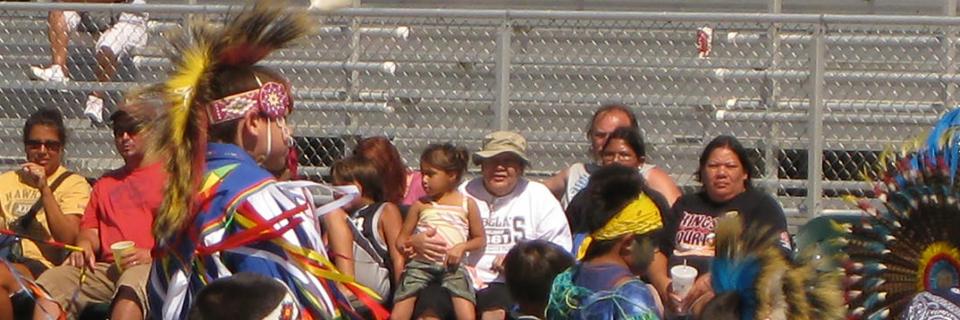Back in the late 50s and early 60s, there was a cop show called “Naked City” on network TV. Each episode always ended with a narrator’s voice in-toning the same line: “There are eight million stories in the naked city. This has been one of them.”
I’m thinking about this phrase—particularly the eight million stories part—as I assemble the essays for this issue of Rootstalk which community members in Grinnell, Iowa, worked up with Jon Andelson, me and our students in the community writing workshop we convened last spring. Our workshop’s participants included small-town politicians, a retired teacher, a social worker, a pair of retired farmers, a professional wood-worker, a coffee shop owner, and one of the town’s barbers. While the stories they produced didn’t quite add up to eight million, they were striking nonetheless for their variety, depth and poignancy. None of our work-shop participants were professional storytellers. And yet, by turns, they shared passages from their lives that were funny, touching, and—to use a word that’s much-overused these days—diverse. I was surprised.
As I think of it now, though, I shouldn’t have been. Having grown up myself in a town with fewer people in it than Grinnell’s 10,000, I know better than to sell my neighbors short. I guess I’m as guilty as the next person of putting my head down and focusing only on the next step rather than the landscape that’s opening up around me.
Sitting at the table with these people was not a little humbling. I’d known some of these folks for years, and I figured I knew them pretty well—well enough, anyway, to call them neighbors if not friends. And yet, many times during our workshop, in response to something one of the participants shared, I felt like saying: I had no idea…
I daresay I’m not alone in this. Most of us are in a great hurry to do what we need to do to live our lives. We don’t talk to each other—or if we do, too often we don’t really listen to each other—because (we tell ourselves) we don’t have time. We’ve got to get to work, got to fill our gas tank, got to pick up the kids from school, got to hustle home to fix dinner, got to tick off the items on our to-do list.
That’s just modern life, right? Fast-paced and all-consuming in all its particulars. Sitting and listening during this workshop, though, I was reminded that this ought not to be considered the natural order of things. I shouldn’t assume I know everything that’s important about anyone.
Once in a while, if I’m lucky, I receive a kick-in-the-pants reminder of this truth. If I remember to exercise good judgement, keep my ears open and pay attention, I am privileged to hear the sorts of stories my neighbors told on those afternoons we convened in Grinnell’s Drake Library. In towns like Grinnell, across the prairie region and across the country, we too often pass each other by without sparing each other a glance. And yet—as our workshop experience showed me—if we slow down for an afternoon—or even for a minute—how much we have to say to each other!
In Whitman’s “Song of Myself,” he told us: I am large. I contain multitudes. It is salutary to be reminded that this is true, not just for poets, but for all of us. I need to remember who’s selling me coffee, who’s cutting my hair, who’s teaching my children, who’s caring for my town’s afflicted, who’s growing my food, and making sure the police get paid and the water that flows from my tap is clean. The people who do all these jobs are “just” my neighbors, but their lives are as rich, complicated, intense and urgent—as big—as mine or anyone else’s, no matter the size of the town or the city or acreage they call home.
It’s quiet out here on the prairie, but that quiet is deceptive. We are large. We contain multitudes.

